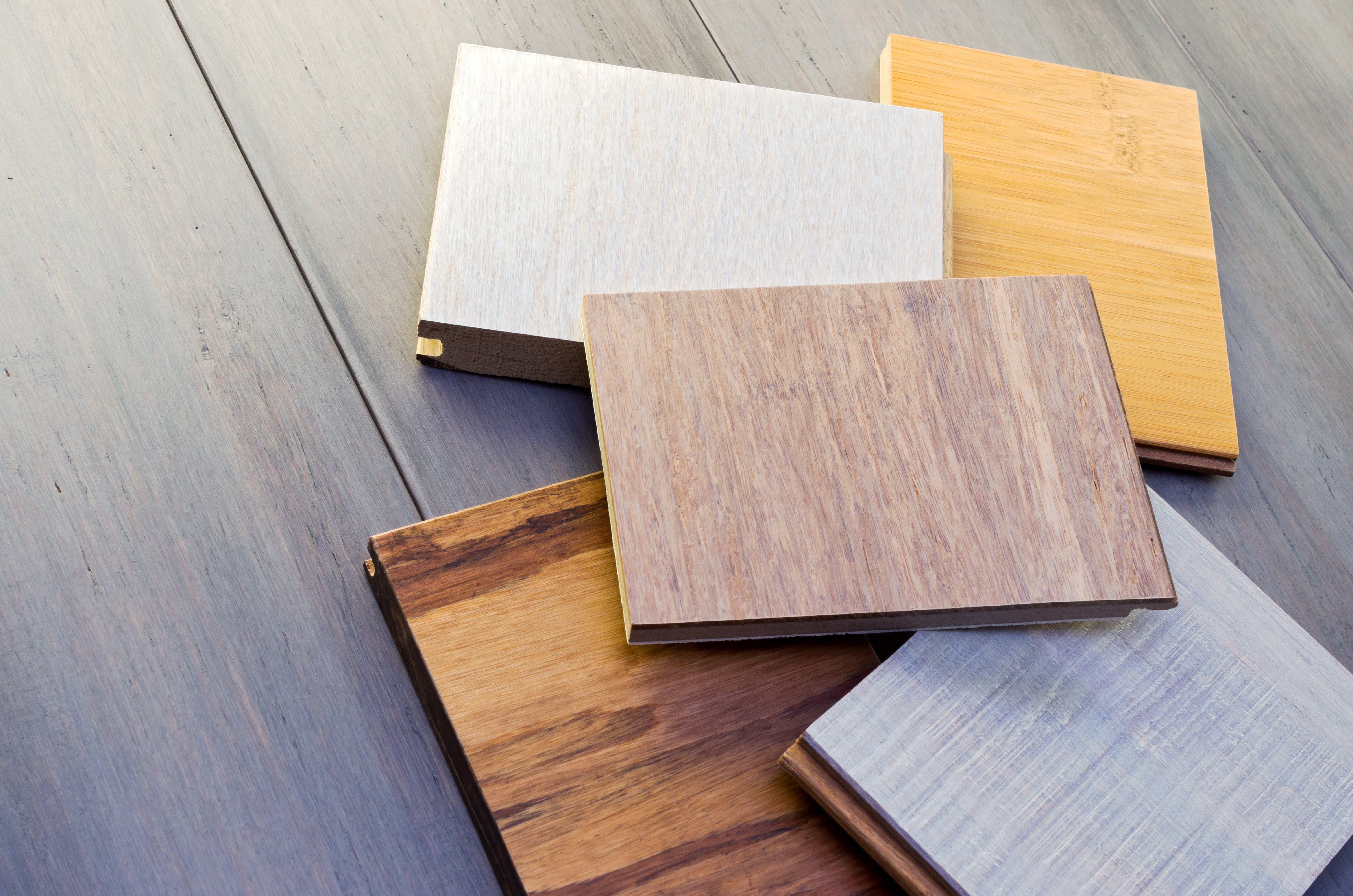A merger between Cabinets To Go and LL Flooring—two separate entities that share a founder—could be on the horizon. Warren Shoulberg unpacks what that would mean for the U.S. home manufacturing industry.
Cabinets and flooring are two of the biggest items homeowners and designers use in building, remodeling and home improvement projects. Across America, Cabinets To Go and LL Flooring are two of the biggest sellers of those products. Now it’s possible that the two will join forces to become one company—and one resource for these key home product categories.
Last week, Cabinets To Go filed notice with the Securities and Exchange Commission that the founder of the privately held company, Thomas D. Sullivan, had amassed a nearly 9.5 percent stake in LL Flooring “in contemplation of a possible combination”—fancy legalese for an acquisition. Its offer was $160 million for the remainder of the company it didn’t currently own. LL Flooring’s market cap following the May 30 announcement was just over $145 million, a significant jump after hovering in the $100 million to $120 million range for the previous few weeks.
Should the deal happen, it would bring together two companies that have one key thing in common: their founder. Sullivan, then a builder-contractor, started LL Flooring in 1996 when he began reselling surplus wood flooring “from the back of a trucking yard in Massachusetts,” according to the company website. In 2008, after leaving the retailer, he founded Cabinets To Go.
The flooring retailer’s response so far has been cautious, saying it will take the offer under consideration by its board and advisors, but implying it would rather stay independent. Wall Street was, however, loving the news, which drove up LL Flooring’s stock price by more than 20 percent—a welcome change for a company that has been struggling with the general slowdown in the housing market and had seen its share price drop some 50 percent since the beginning of the year.
You may remember LL Flooring by its former name, Lumber Liquidators, which changed in early 2022. Either way, the retailer is one of the bigger sellers of flooring products, with annual sales of about $1.1 billion. (For context, the total U.S. flooring market in 2022 was estimated at $48 billion.) The brand operates some 400 stores in 47 states and Canada, and competes with the big DIY chains Home Depot and Lowe’s, as well as smaller national and regional specialty chains.
Its darkest days came in 2019, when a 60 Minutes undercover report charged that the flooring materials it sold were mislabeled and contained formaldehyde. The chain settled the issue by paying a $33 million criminal penalty. Not long after, the company changed its name to LL Flooring, presumably to get as far away from the problem as possible.
Still, the privately owned chain has grown and would be a big addition to Cabinets To Go’s portfolio, which includes about 100 locations. Its parent company, F9 Brands Inc., describes itself as an owner and manager of “companies in the building products, home improvement and home decor markets.” Besides Cabinets To Go, its other holdings include New York–based home goods retailer Gracious Home, outdoor furniture brand Thos Baker and Southwind Building Products, a manufacturer and supplier of flooring to the dealer and commercial markets.
Even with the common ties between LL Flooring and Cabinets To Go, there is some bad blood between the two companies. In 2019, they got into a legal tussle over whether Cabinets To Go could sell flooring in violation of an earlier agreement between the two. Press reports of the time said the suit was settled privately later that year.
Merging these two retailers would certainly seem to facilitate offering a broader range of products to potential customers. The initial filing by F9 Brands did not indicate how the two retailers would coordinate their efforts through common stores or branding. It stands to reason that the combined entity would represent a stronger competitor to the DIY giants, as well as other chains like Floor & Decor and Empire Today, and from any number of online sellers all the way to Ikea.
Consolidation is a fact of life in the retailing world. And once a conversation starts, it rarely stops before a deal is eventually done.
Homepage image: ©Ferrer Photography/Adobe Stock
____________
Warren Shoulberg is the former editor in chief for several leading B2B publications. He has been a guest lecturer at the Columbia University Graduate School of Business; received honors from the International Furnishings and Design Association and the Fashion Institute of Technology; and been cited by The Wall Street Journal, The New York Times, The Washington Post, CNN and other media as a leading industry expert. His Retail Watch columns offer deep industry insights on major markets and product categories.





























